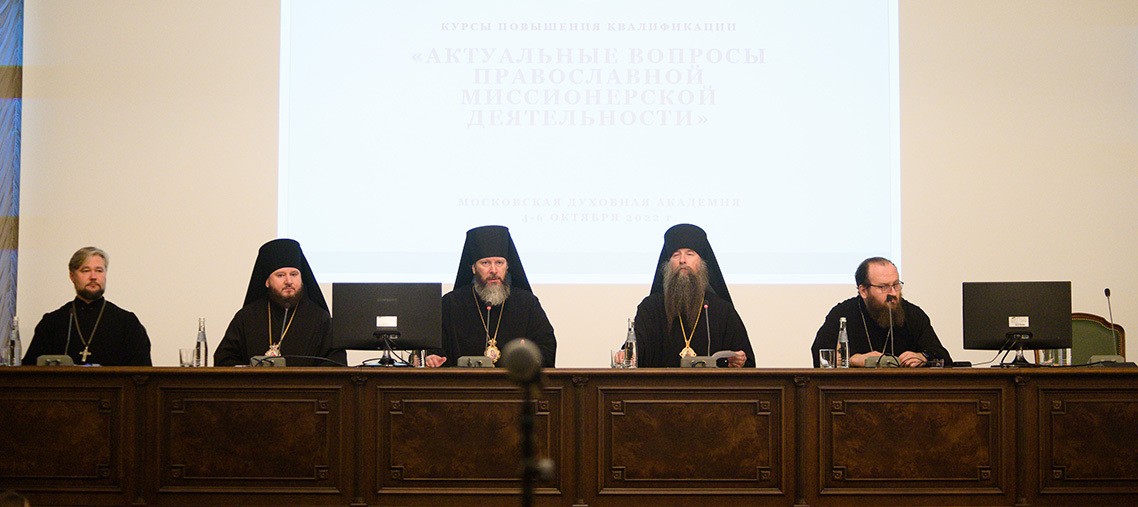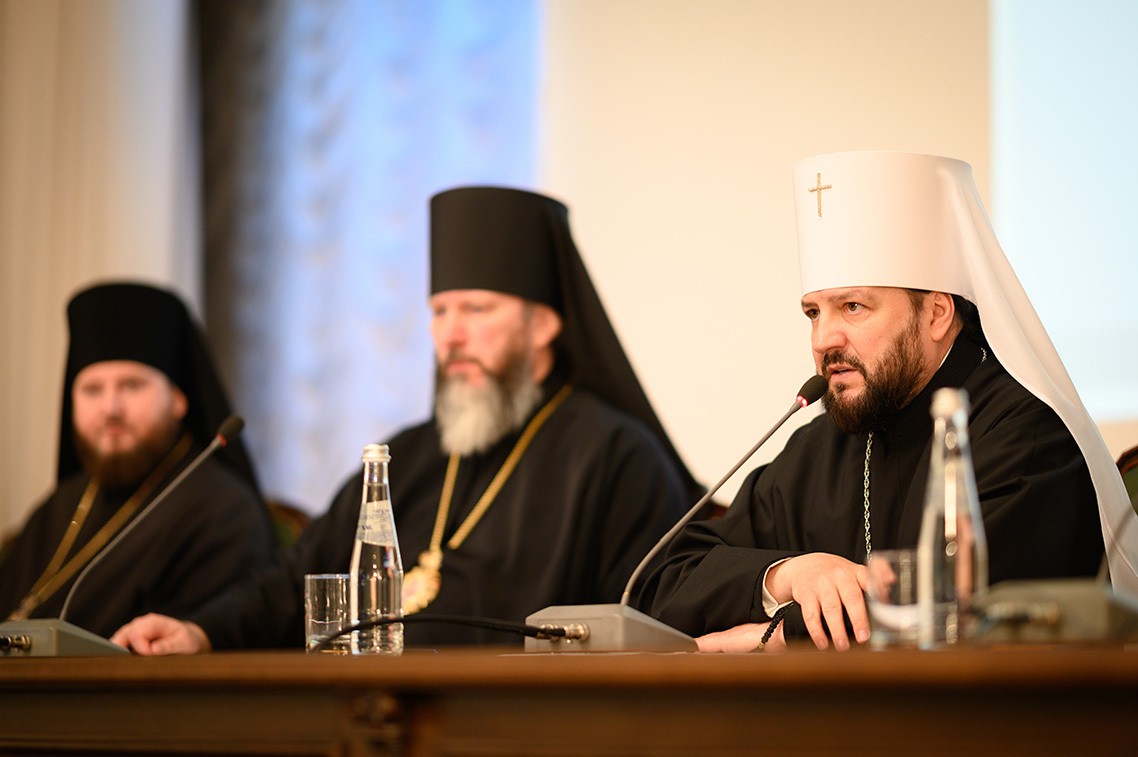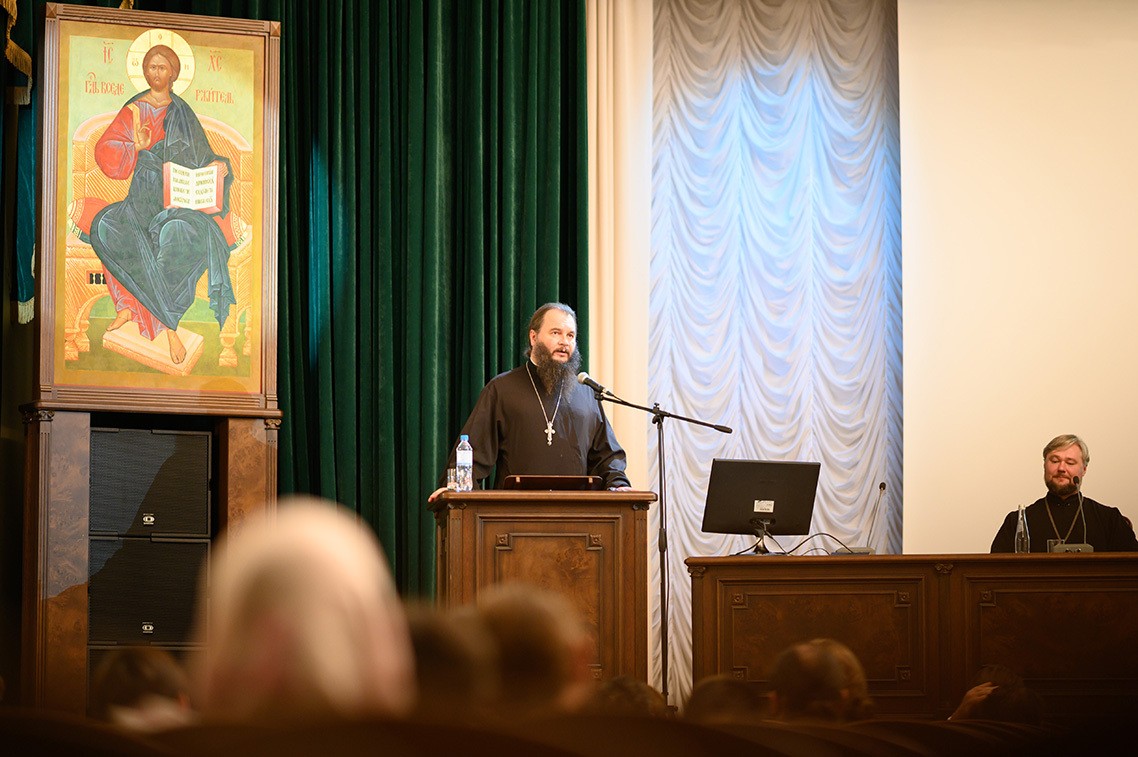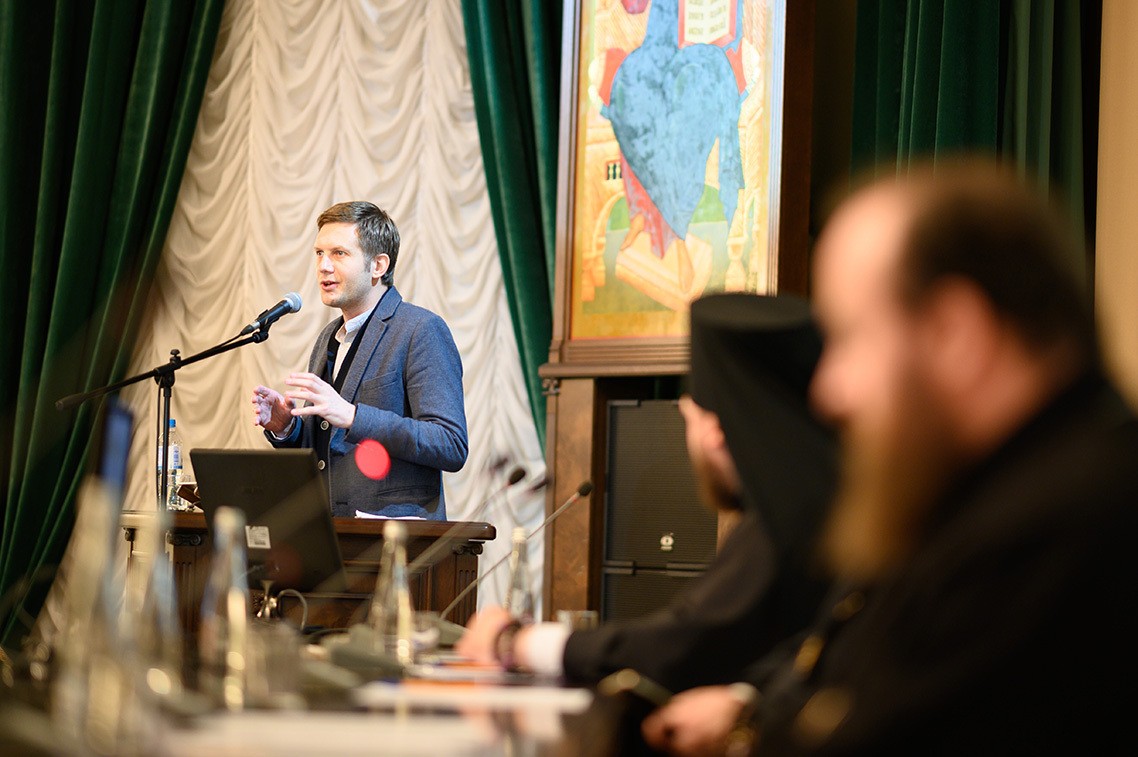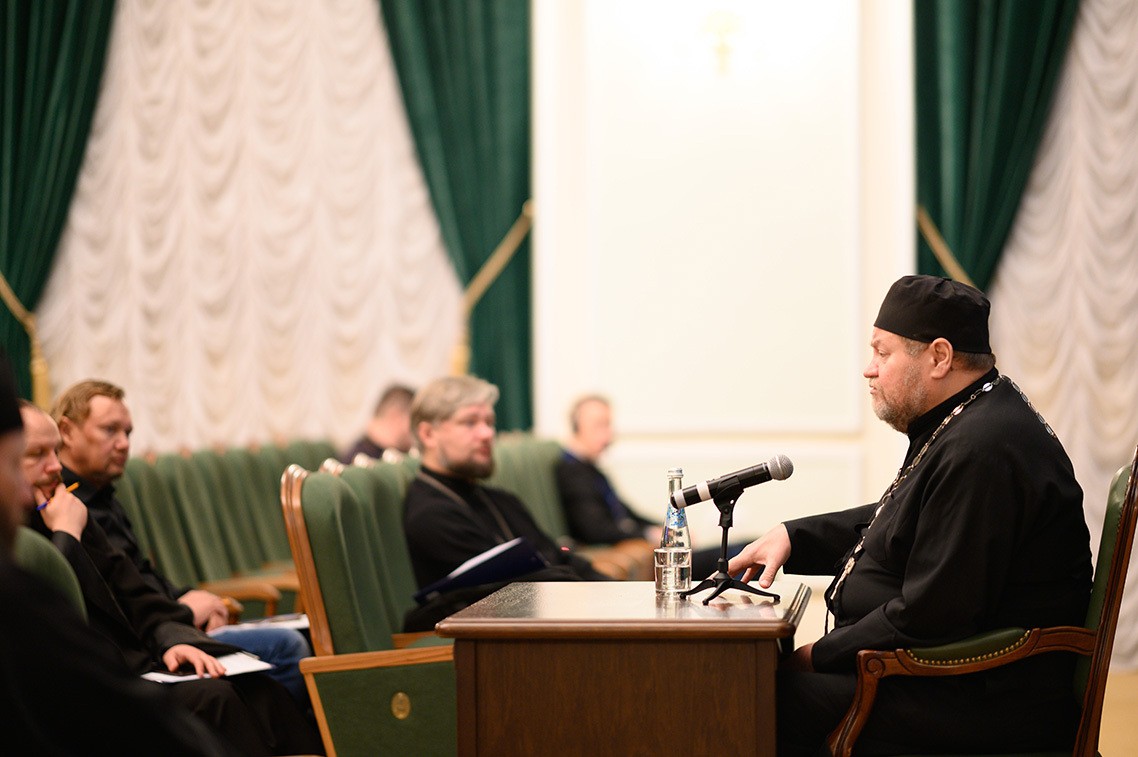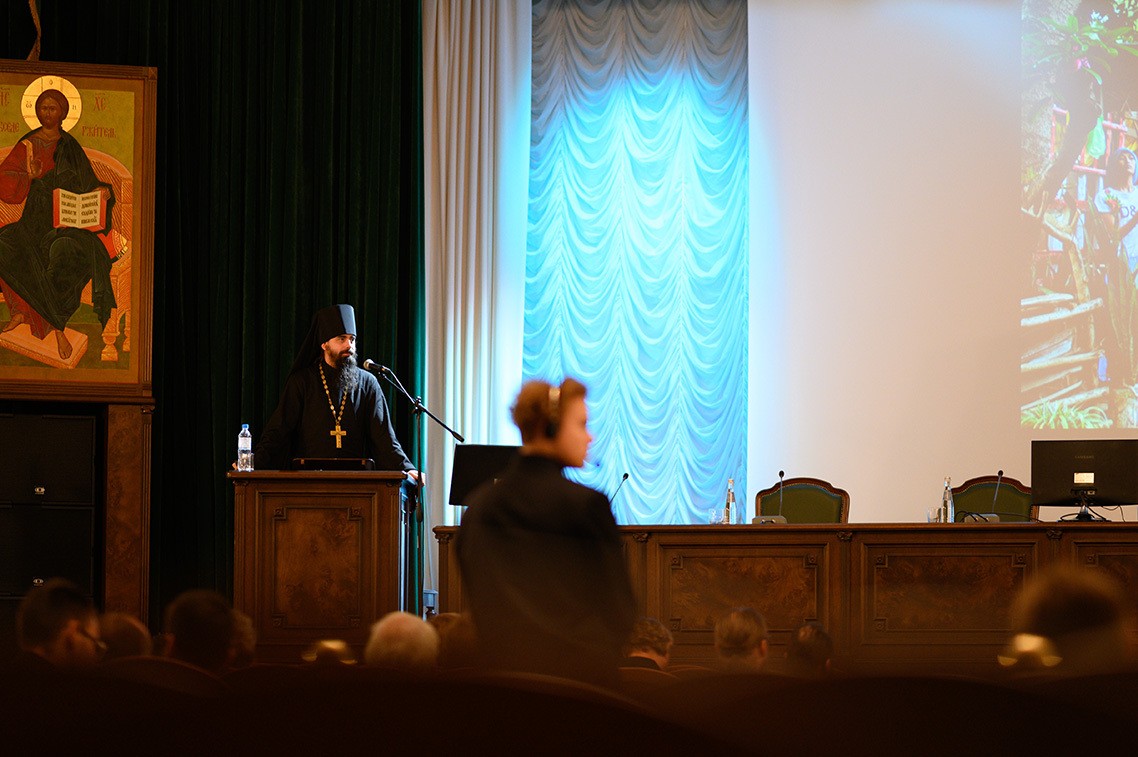
4 октября 2022, Курсы повышения квалификации по “Миссиологии“. День первый / 4 October 2022, Advanced training courses in “Missiology”. The first day

4 октября 2022, Курсы повышения квалификации по “Миссиологии“. День первый / 4 October 2022, Advanced training courses in “Missiology”. The first day

4 октября 2022, Курсы повышения квалификации по “Миссиологии“. День первый / 4 October 2022, Advanced training courses in “Missiology”. The first day

4 октября 2022, Курсы повышения квалификации по “Миссиологии“. День первый / 4 October 2022, Advanced training courses in “Missiology”. The first day

4 октября 2022, Курсы повышения квалификации по “Миссиологии“. День первый / 4 October 2022, Advanced training courses in “Missiology”. The first day

4 октября 2022, Курсы повышения квалификации по “Миссиологии“. День первый / 4 October 2022, Advanced training courses in “Missiology”. The first day

4 октября 2022, Курсы повышения квалификации по “Миссиологии“. День первый / 4 October 2022, Advanced training courses in “Missiology”. The first day

4 октября 2022, Курсы повышения квалификации по “Миссиологии“. День первый / 4 October 2022, Advanced training courses in “Missiology”. The first day

4 октября 2022, Курсы повышения квалификации по “Миссиологии“. День первый / 4 October 2022, Advanced training courses in “Missiology”. The first day

4 октября 2022, Курсы повышения квалификации по “Миссиологии“. День первый / 4 October 2022, Advanced training courses in “Missiology”. The first day

4 октября 2022, Курсы повышения квалификации по “Миссиологии“. День первый / 4 October 2022, Advanced training courses in “Missiology”. The first day

4 октября 2022, Курсы повышения квалификации по “Миссиологии“. День первый / 4 October 2022, Advanced training courses in “Missiology”. The first day

4 октября 2022, Курсы повышения квалификации по “Миссиологии“. День первый / 4 October 2022, Advanced training courses in “Missiology”. The first day

4 октября 2022, Курсы повышения квалификации по “Миссиологии“. День первый / 4 October 2022, Advanced training courses in “Missiology”. The first day

4 октября 2022, Курсы повышения квалификации по “Миссиологии“. День первый / 4 October 2022, Advanced training courses in “Missiology”. The first day

4 октября 2022, Курсы повышения квалификации по “Миссиологии“. День первый / 4 October 2022, Advanced training courses in “Missiology”. The first day

4 октября 2022, Курсы повышения квалификации по “Миссиологии“. День первый / 4 October 2022, Advanced training courses in “Missiology”. The first day

4 октября 2022, Курсы повышения квалификации по “Миссиологии“. День первый / 4 October 2022, Advanced training courses in “Missiology”. The first day

4 октября 2022, Курсы повышения квалификации по “Миссиологии“. День первый / 4 October 2022, Advanced training courses in “Missiology”. The first day

4 октября 2022, Курсы повышения квалификации по “Миссиологии“. День первый / 4 October 2022, Advanced training courses in “Missiology”. The first day

4 октября 2022, Курсы повышения квалификации по “Миссиологии“. День первый / 4 October 2022, Advanced training courses in “Missiology”. The first day

4 октября 2022, Курсы повышения квалификации по “Миссиологии“. День первый / 4 October 2022, Advanced training courses in “Missiology”. The first day

4 октября 2022, Курсы повышения квалификации по “Миссиологии“. День первый / 4 October 2022, Advanced training courses in “Missiology”. The first day

4 октября 2022, Курсы повышения квалификации по “Миссиологии“. День первый / 4 October 2022, Advanced training courses in “Missiology”. The first day

4 октября 2022, Курсы повышения квалификации по “Миссиологии“. День первый / 4 October 2022, Advanced training courses in “Missiology”. The first day

4 октября 2022, Курсы повышения квалификации по “Миссиологии“. День первый / 4 October 2022, Advanced training courses in “Missiology”. The first day

4 октября 2022, Курсы повышения квалификации по “Миссиологии“. День первый / 4 October 2022, Advanced training courses in “Missiology”. The first day

4 октября 2022, Курсы повышения квалификации по “Миссиологии“. День первый / 4 October 2022, Advanced training courses in “Missiology”. The first day

4 октября 2022, Курсы повышения квалификации по “Миссиологии“. День первый / 4 October 2022, Advanced training courses in “Missiology”. The first day

4 октября 2022, Курсы повышения квалификации по “Миссиологии“. День первый / 4 October 2022, Advanced training courses in “Missiology”. The first day

4 октября 2022, Курсы повышения квалификации по “Миссиологии“. День первый / 4 October 2022, Advanced training courses in “Missiology”. The first day

4 октября 2022, Курсы повышения квалификации по “Миссиологии“. День первый / 4 October 2022, Advanced training courses in “Missiology”. The first day

4 октября 2022, Курсы повышения квалификации по “Миссиологии“. День первый / 4 October 2022, Advanced training courses in “Missiology”. The first day

4 октября 2022, Курсы повышения квалификации по “Миссиологии“. День первый / 4 October 2022, Advanced training courses in “Missiology”. The first day

4 октября 2022, Курсы повышения квалификации по “Миссиологии“. День первый / 4 October 2022, Advanced training courses in “Missiology”. The first day

4 октября 2022, Курсы повышения квалификации по “Миссиологии“. День первый / 4 October 2022, Advanced training courses in “Missiology”. The first day

4 октября 2022, Курсы повышения квалификации по “Миссиологии“. День первый / 4 October 2022, Advanced training courses in “Missiology”. The first day

4 октября 2022, Курсы повышения квалификации по “Миссиологии“. День первый / 4 October 2022, Advanced training courses in “Missiology”. The first day

4 октября 2022, Курсы повышения квалификации по “Миссиологии“. День первый / 4 October 2022, Advanced training courses in “Missiology”. The first day

4 октября 2022, Курсы повышения квалификации по “Миссиологии“. День первый / 4 October 2022, Advanced training courses in “Missiology”. The first day

4 октября 2022, Курсы повышения квалификации по “Миссиологии“. День первый / 4 October 2022, Advanced training courses in “Missiology”. The first day

4 октября 2022, Курсы повышения квалификации по “Миссиологии“. День первый / 4 October 2022, Advanced training courses in “Missiology”. The first day

4 октября 2022, Курсы повышения квалификации по “Миссиологии“. День первый / 4 October 2022, Advanced training courses in “Missiology”. The first day

4 октября 2022, Курсы повышения квалификации по “Миссиологии“. День первый / 4 October 2022, Advanced training courses in “Missiology”. The first day

4 октября 2022, Курсы повышения квалификации по “Миссиологии“. День первый / 4 October 2022, Advanced training courses in “Missiology”. The first day

4 октября 2022, Курсы повышения квалификации по “Миссиологии“. День первый / 4 October 2022, Advanced training courses in “Missiology”. The first day

4 октября 2022, Курсы повышения квалификации по “Миссиологии“. День первый / 4 October 2022, Advanced training courses in “Missiology”. The first day

4 октября 2022, Курсы повышения квалификации по “Миссиологии“. День первый / 4 October 2022, Advanced training courses in “Missiology”. The first day

4 октября 2022, Курсы повышения квалификации по “Миссиологии“. День первый / 4 October 2022, Advanced training courses in “Missiology”. The first day

4 октября 2022, Курсы повышения квалификации по “Миссиологии“. День первый / 4 October 2022, Advanced training courses in “Missiology”. The first day

4 октября 2022, Курсы повышения квалификации по “Миссиологии“. День первый / 4 October 2022, Advanced training courses in “Missiology”. The first day

4 октября 2022, Курсы повышения квалификации по “Миссиологии“. День первый / 4 October 2022, Advanced training courses in “Missiology”. The first day

4 октября 2022, Курсы повышения квалификации по “Миссиологии“. День первый / 4 October 2022, Advanced training courses in “Missiology”. The first day

4 октября 2022, Курсы повышения квалификации по “Миссиологии“. День первый / 4 October 2022, Advanced training courses in “Missiology”. The first day

4 октября 2022, Курсы повышения квалификации по “Миссиологии“. День первый / 4 October 2022, Advanced training courses in “Missiology”. The first day

4 октября 2022, Курсы повышения квалификации по “Миссиологии“. День первый / 4 October 2022, Advanced training courses in “Missiology”. The first day

4 октября 2022, Курсы повышения квалификации по “Миссиологии“. День первый / 4 October 2022, Advanced training courses in “Missiology”. The first day

4 октября 2022, Курсы повышения квалификации по “Миссиологии“. День первый / 4 October 2022, Advanced training courses in “Missiology”. The first day

4 октября 2022, Курсы повышения квалификации по “Миссиологии“. День первый / 4 October 2022, Advanced training courses in “Missiology”. The first day

4 октября 2022, Курсы повышения квалификации по “Миссиологии“. День первый / 4 October 2022, Advanced training courses in “Missiology”. The first day

4 октября 2022, Курсы повышения квалификации по “Миссиологии“. День первый / 4 October 2022, Advanced training courses in “Missiology”. The first day
